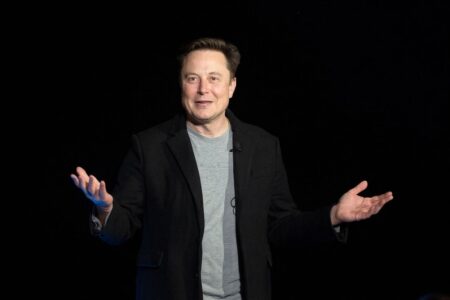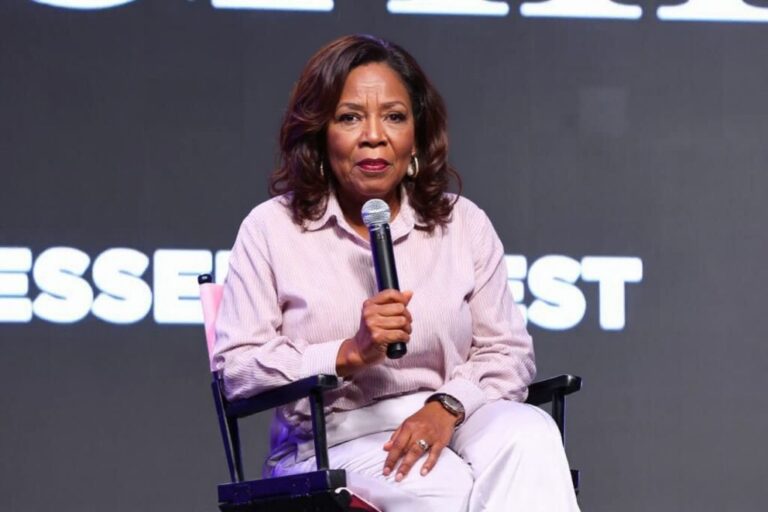
What comes to mind when you think about the world’s richest?
Regardless of their backgrounds, they’re renowned for their canny ability to make lots of money — but the best quotes from billionaires are more than just a gateway to learning how they think and operate.
Larry Page and Sergey Brin, for example, laid the foundation for the most powerful search engine in the world when they were two PhD students at Stanford University.
The inventions of this era’s young entrepreneurs revolutionised our world — and inspired millions along the way.
A 2022 survey found around three out of five teenagers prefer to start their own business instead of taking on a traditional job.
The Junior Achievement USA survey also found that two in five teens say they’re inspired to be entrepreneurs by influencers and celebrities.
Beyond this, there’s much for students to learn from these iconic billionaires.
Why do the best quotes from billionaires offer great insights on tackling life’s greatest challenge?
The journey to becoming a billionaire is the epitome of being at the right place and time, such as:
- learning the scale on which billionaires operate
- having the patience to overcome many failures
- practising good financial habits
- being passionate about testing out new ideas
Look at one iconic example: Elon Musk.
Born in Pretoria, Musk was a prodigious child — he read the entire Encyclopaedia Britannica by age eight and finished a six-month BASIC course in three days.
By 1998, he left for Canada to study at Queen’s University in Kingston, Canada, before transferring to the University of Pennsylvania to complete his bachelor’s degree.
Today, Musk is worth US$245.9 billion.
His entrepreneurial achievement goes as far as co-founding six companies, including electric car maker Tesla, rocket producer SpaceX and tunnelling startup Boeing Company.
Of course, with such great wealth comes great responsibilities — and that’s what makes them great teachers to offer insights on tackling the challenges in life.
 Red Bull Racing Team Principal Christian Horner (pictured on the right) talks with Larry Ellison in the Red Bull Racing garage during final practice ahead of the 2023 Miami Grand Prix of Miami.
Red Bull Racing Team Principal Christian Horner (pictured on the right) talks with Larry Ellison in the Red Bull Racing garage during final practice ahead of the 2023 Miami Grand Prix of Miami.
Best quotes from billionaires that will inspire you to study and work harder
1. “If you do everything that everyone else does in business, you’re going to lose. The only way to really be ahead is to ‘be different’.”
Larry Ellison gave up the role of Chief Executive Officer at Oracle in 2014 after 37 years at the helm.
Still, the Chief Technology Officer and owner of about 35% of the company knows the value of being different in the boardroom and marketplace.
Why should you trust him? In 2023, Forbes valued Ellison’s net worth at US$146.1 billion.
How can I be different at uni, you might ask.
The best way to do this is by picking up the skills that employers are looking for, which include video editing, search engine optimisation (SEO), and coding.
What’s more, you can learn them for free through valuable resources on the Internet — here’s a guide to get you started.
2. “Outcomes are usually not deterministic, they’re probabilistic.”
Most billionaires think in probabilities rather than determining an outcome. To them, a business has, say, a 60% chance of success.
It doesn’t just guard against oversimplification but also against the brain’s inherent laziness.
“The popular definition of insanity — doing the same thing over and over and expecting a different result — that’s only true in a highly deterministic situation,” Musk adds in his interview with Kevin Rose.
“If you have a probabilistic situation, which most situations are, then if you do the same thing twice, it can be quite reasonable to expect a different result.”
Applying Musk’s advice, it’s better to experiment and be creative with different methods if you feel stuck when tackling a challenging assignment.
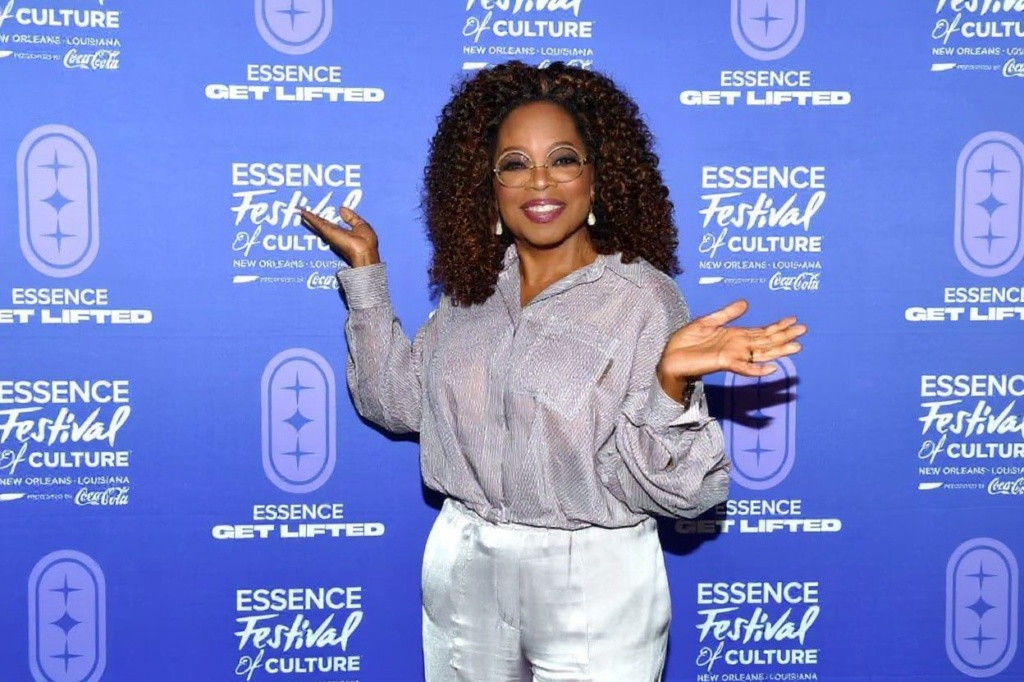 Oprah Winfrey attends “From the Page to the Stage and Beyond: A Discussion of the nearly 40-Year Legacy and Impact of The Color Purple Franchise” at the 2023 ESSENCE Festival Of Culture.
Oprah Winfrey attends “From the Page to the Stage and Beyond: A Discussion of the nearly 40-Year Legacy and Impact of The Color Purple Franchise” at the 2023 ESSENCE Festival Of Culture.
3. “The reason I’ve been able to be so financially successful is my focus has never, ever for one minute been money.”
Oprah Winfrey is a beloved American icon and billionaire reportedly worth US$2.5 billion, according to Forbes.
She is most famously known for running the iconic “Oprah Winfrey Show,” which ran for 25 years before ending in 2011.
Since then, the former host has continued to do in-depth interviews on primetime television and streaming services, including one-on-one interviews with celebrated figures like former US First Lady Michelle Obama and actress Viola Davis.
That’s why it’s interesting that Winfrey has never credited her financial success to her urge to earn more — it’s more about leading a purposeful life.
After all, she once said: “You know you are on the road to success if you would do your job and not be paid for it.”
4. “Your most unhappy customers are your greatest source of learning.”
While students don’t deal with customers, Gates’s advice equally applies to their lives.
It’s about the courage to deal with challenges head-on instead of running away from them.
There’s a reason why the software developer and Microsoft founder has spent much of the past 30 years recognised as one of the world’s richest billionaires.
In 2023, Gates’ net worth was at US$119.4 billion, according to Forbes.
5. “Being negative is not how we make progress.”
Google’s co-founder Larry Page once famously said in a keynote address to Google’s I/0 conference in 2013, “Being negative is not how we make progress.”
“I’m tremendously optimistic,” says Page during the 2013 conference.
“I’m certain that whatever challenges we take on, we can solve with a little bit of concerted effort and some good technology. And that’s an exciting place to be.”
Page’s quote is an excellent example of how to be a rational optimist — to take whatever opportunity comes your way, but also balance them with any responsibilities you have.
If you’re working on multiple assignments towards the end of the semester, it’s probably a good idea to hold off on spending too much on volunteering or extracurricular activities.
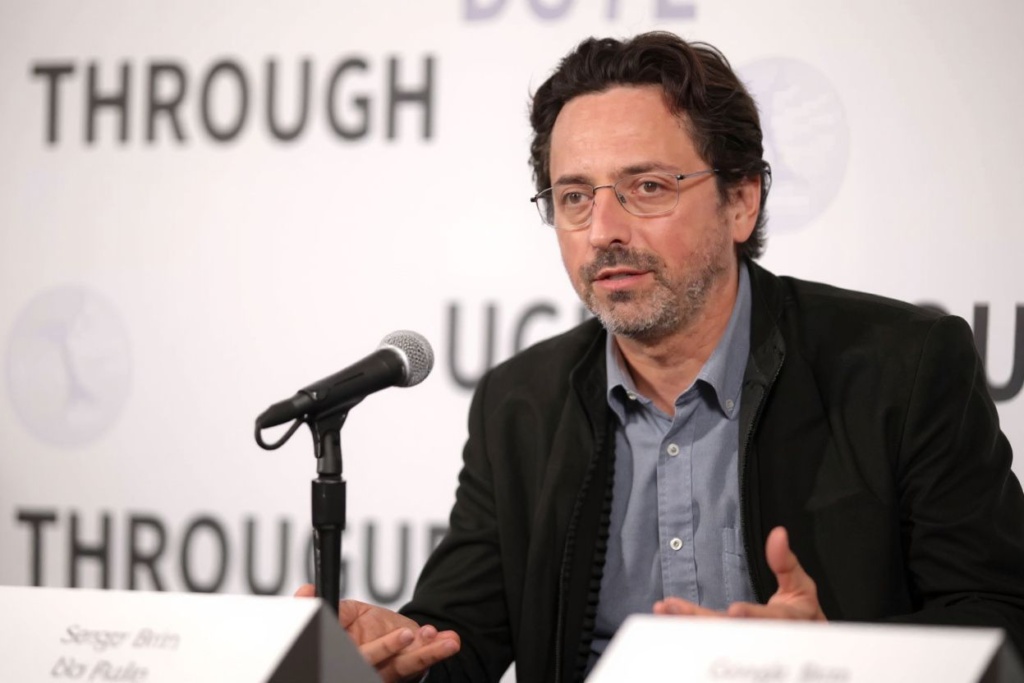 Sergey Brin, co-founder of Google, believes that rules stifle innovation.
Sergey Brin, co-founder of Google, believes that rules stifle innovation.
6. “Too many rules stifle innovation.”
Sergey Brin, a computer scientist and another co-founder of Google, is famed for creating a culture of innovation, experimentation and developing creative technology.
Today, Forbes reported that Brin has a net worth of US$106.3 billion.
His secret to success? Not being confined by rules and always pursuing his curiosity to explore.
Tassilo Ritter Kempski Von Rakoszyn and Rony Martin did just that when they were at EHL Campus (Singapore).
Together, they co-founded EHL Student Consultancy Singapore (ESCS) to get EHL Campus (Singapore) involved in Southeast Asia’s hospitality market.
Securing a collaboration with Mandarin Oriental Singapore for the hotel’s upcoming 135 million Singaporean dollars renovation was one of the latest milestones for the young entrepreneurs.
7. “It is important to remember that there are no overnight successes. You will need to be dedicated, single-minded, and there is no substitute to hard work.”
Mukesh Ambani is the chairman of Reliance Industries, has interests in telecommunications, retail, oil and gas and petrochemicals.
How did he turn this into a US$91 billion fortune? The answer: lots of hard work.
We don’t need to look far for other examples you can relate to as international students.
Blake Hinsey, a former performance engineer in Formula One (F1), left his home country at 25 to pursue his dream of working in the pinnacle of motorsports.
After completing an MSc in Motorsport Engineering at Oxford Brookes University, he landed a vehicle dynamics role with Sahara Force India.
At the height of his F1 career, he worked as a simulator performance engineer at Red Bull Racing — working alongside the likes of Daniil Kvyat, Gianpiero Lambiase, and Max Verstappen.
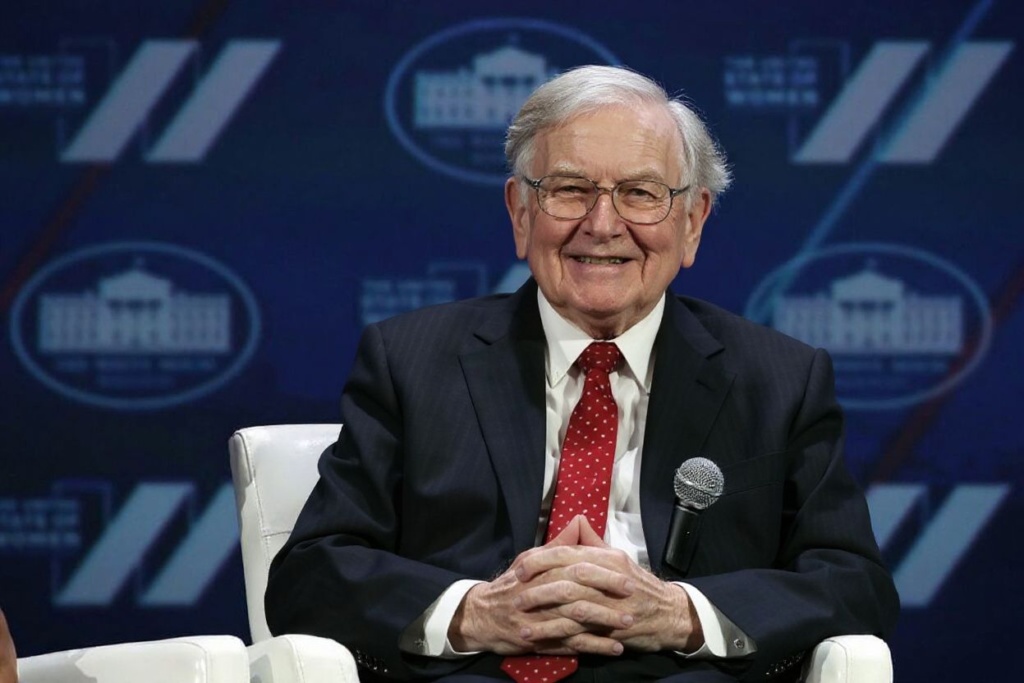 Warren Buffett is an American business magnate, investor, and philanthropist
Warren Buffett is an American business magnate, investor, and philanthropist
8. “It’s important to be willing to make mistakes. The worst thing that can happen is you become memorable.”
Known as the “Oracle of Omaha,” Warren Buffett is one of the most successful investors of all time.
Buffett runs Berkshire Hathaway, which owns dozens of companies, including insurer GEICO, battery maker Duracell and restaurant chain Dairy Queen.
Clearly, he knows a thing or two about making mistakes.
One of his biggest regrets is the fact that the Berkshire Hathaway portfolio does not include any stock from Alphabet or Google.
Google first caught Buffett’s attention because of a Berkshire-owned subsidiary, GEICO.
It is in the auto insurance space, so it relies heavily on Google’s advertising platform to acquire customers.
Buffett admits that he should have made better sense of Google’s business and outlook over the long term.
9. “The biggest risk is not taking any risk … In a world that’s changing really quickly, the only strategy that is guaranteed to fail is not taking risks.”
Mark Zuckerberg started Facebook at Harvard in 2004 at the age of 19 for students to match names with photos of classmates.
At the time, you could view the social networking platform as a fun side project for Zuckerberg.
His first gamble, however, came shortly after.
A degree from Harvard would have opened many doors and possibly landed him a high-paying job.
Early-career (which PayScale defines as three years of work experience) median pay in 2022 was US$86,025 for Ivy League graduates, compared to US$58,643 for those who graduated from other universities.
Still, Zuckerberg chose to leave Harvard to work on Facebook — and the rest was history.









